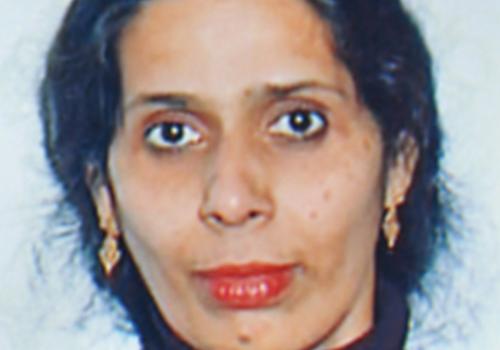Health News - Fasting for religious festival can pose considerable risks for patients with blood sugar disorder

Ramadan warning for Muslim diabetics
AS MUSLIMS prepare for Ramadan, the month of fasting in which they refrain from eating and drinking during daylight hours, doctors have warned that fasting could place those with diabetes at risk.
Experts at the Royal Free Hospital have advised Muslim diabetics to consult a GP for advice on their condition and even consider breaking their fast.
Dr Devi Nair, chemical pathologist at the Hampstead hospital, said: “For Muslims all over the world, fasting during Ramadan is about worship and devotion to Allah. But people who suffer from diabetes and have difficulty controlling their blood sugar [often] stop taking medication while fasting.”
Ramadan falls in August this year, which means the day-to-day fasting window – from sunrise to sunset – will be a gruelling 17 hours.
Dr Nair said: “It’s going to be hot and people will be excreting a lot of sugar, and that can harm the kidney.
“If they are feeling tired and faint, it is better to drink a glucose solution and break the fast. Sick people do not have to observe the fast but many do anyway. I would advise people to consult their Imams – they can help get the message across.”
Diabetes is a condition where the amount of glucose in the blood is too high because the body cannot use it properly, or when the body cannot produce enough insulin, causing glucose to build up in the blood.
Disruption to the eating patterns of diabetics can cause hypoglycaemia (low blood sugar) and if left untreated this can lead to serious medical problems and even trigger a coma.
Insulin tablets are traditionally taken three times throughout the day, morning noon and night.
Dr Nair said: “It may not be right to take the tablets on an empty stomach.
“It is also likely that Muslims will cook more food at night, and also eat high fat food, more than on a normal day.
“We advise they should see a diabetic nurse or doctor to discuss their condition.”
She added: “Diabetes effects Muslims because their diet is often high in sugar and high in fat and physical activity can be low. These two reasons are important, but genetics is also a factor. Muslims can smoke a lot and that is significant in the increase of heart disease. Maybe they will stop smoking for Ramadan – that would be a positive message.”
The South Asian Health Foundation has set up a website and produced special information pack and blood sugar tracker.
To find out more and download The Facts About Fasting During Ramadan: information kit for patients with type 2 diabetes, visit www.sahf.org.uk/uploads/docs/newsdocs/18.pdf
Published: 21 July, 2011
by TOM FOOT



